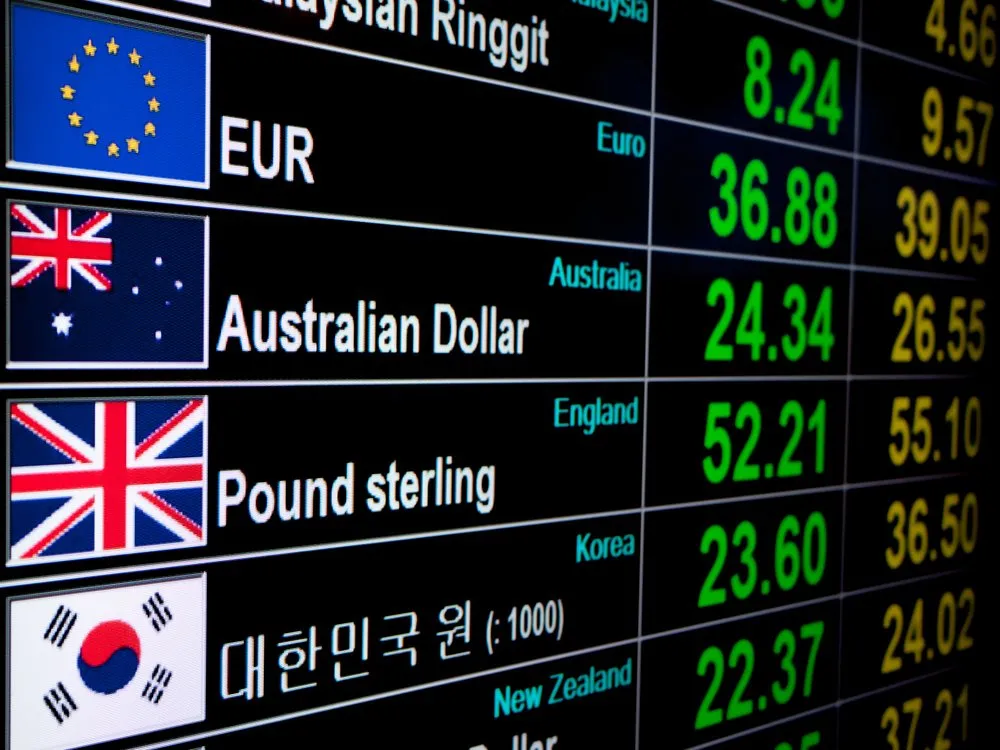A Year of Tragedy and Resistance
Over the past year, Israel’s bombardment of Gaza has taken over 41,000 civilian lives. The tragic events of October 7 last year reignited the BDS movement, though its roots go much deeper. The BDS movement, which calls for a boycott of brands and companies linked to Israel or its supporters, has been ongoing for over two decades. This movement is not just a protest—it’s a way for people to show their solidarity with Palestine through the choices they make in their daily lives.
Cola Wars: Local Brands Rise Amid Boycotts
The boycott has notably impacted the carbonated beverage industry in Pakistan. In the past, Coca-Cola and Pepsi dominated 90% of the market share in restaurants. However, local alternatives like Cola Next, Pakola, and Quice have seen a sharp rise in demand, now commanding a significant portion of the market. According to Salman Aleem, Secretary General of the All Pakistan Restaurant Association, local brands may have even overtaken international giants in terms of market share.
Local beverage manufacturers have ramped up production to meet this growing demand. However, the real question remains: has the boycott significantly impacted global companies like Pepsi and Coca-Cola? In reality, Pakistan’s soft drink industry represents only 0.7% of their combined sales—barely a rounding error. However, the local shift in preferences is significant and reflects a growing consciousness among consumers.
Impact on Fast Food Giants
McDonald’s and KFC are also feeling the heat from the boycott movement. Globally, McDonald’s has been one of the most affected brands, especially after it was revealed that its Israeli franchises donated 100,000 free meals to Israeli forces. This has led to a global backlash, including in Pakistan, where McDonald’s is owned by the local SIZA Foods company. Despite McDonald’s Pakistan clarifying that it operates independently and contributes to local causes like the Edhi Foundation, the boycott has impacted its sales.
KFC, owned by the Cupola group in Pakistan, has also faced criticism for its parent company’s investments in Israeli-based startups. Despite this, KFC continues to operate, employing thousands of people and contributing to local education programs. Local brands, such as Kebabjees, have filled the void left by boycotted fast-food chains, but economic conditions may have played a larger role in slowing down the growth of the restaurant industry than the BDS movement alone.
The FMCG Sector: A Shift Towards Local Alternatives
The boycott movement has also touched the fast-moving consumer goods (FMCG) sector. While multinationals like Unilever, Colgate-Palmolive, and Procter & Gamble dominate the market, local alternatives are gaining traction. According to Amir Paracha, CEO of Unilever Pakistan, every foreign company in Pakistan has felt the effects of the boycott, with the food and soft drink sectors being hit the hardest.
Local alternatives in beauty and personal care products, such as Conatural and Meclay London, have seen increased demand, partly due to inflation but also because of the boycott. Many consumers are choosing local dupes over international brands like L’Oreal, driven by both economic necessity and political consciousness.
The Complexities of Boycotting Multinational Companies
Boycotting products with ties to Israel is not as simple as avoiding certain brands. Many multinational corporations deeply embedded in daily life are tied to Israel through direct or indirect means. For instance, Google and Amazon’s Project Nimbus provides technology services to the Israeli government, while tech companies like Intel and Microsoft have research and development facilities in Israel.
Even social media platforms like Facebook and Instagram, used to rally support for the BDS movement, have been accused of censoring pro-Palestinian content. The complexities of modern consumerism make it difficult to avoid products tied to Israel entirely, raising questions about the effectiveness of such boycotts.
A Small Effort, A Big Message
The BDS movement and the boycotts it inspires may not have a significant financial impact on multinational giants like Pepsi, Coca-Cola, or McDonald’s. However, for many, it’s not about bringing these companies to their knees. It’s about standing up for what they believe in, much like the sparrow in the story. It’s a way to voice opposition to the injustices in Palestine with whatever tools are available, even if the impact seems small on a global scale.
In the end, the movement is not just about economics; it’s about making a statement, no matter how big or small. It’s about being able to say, “I did what I could,” and that, for many, is reason enough to continue.







